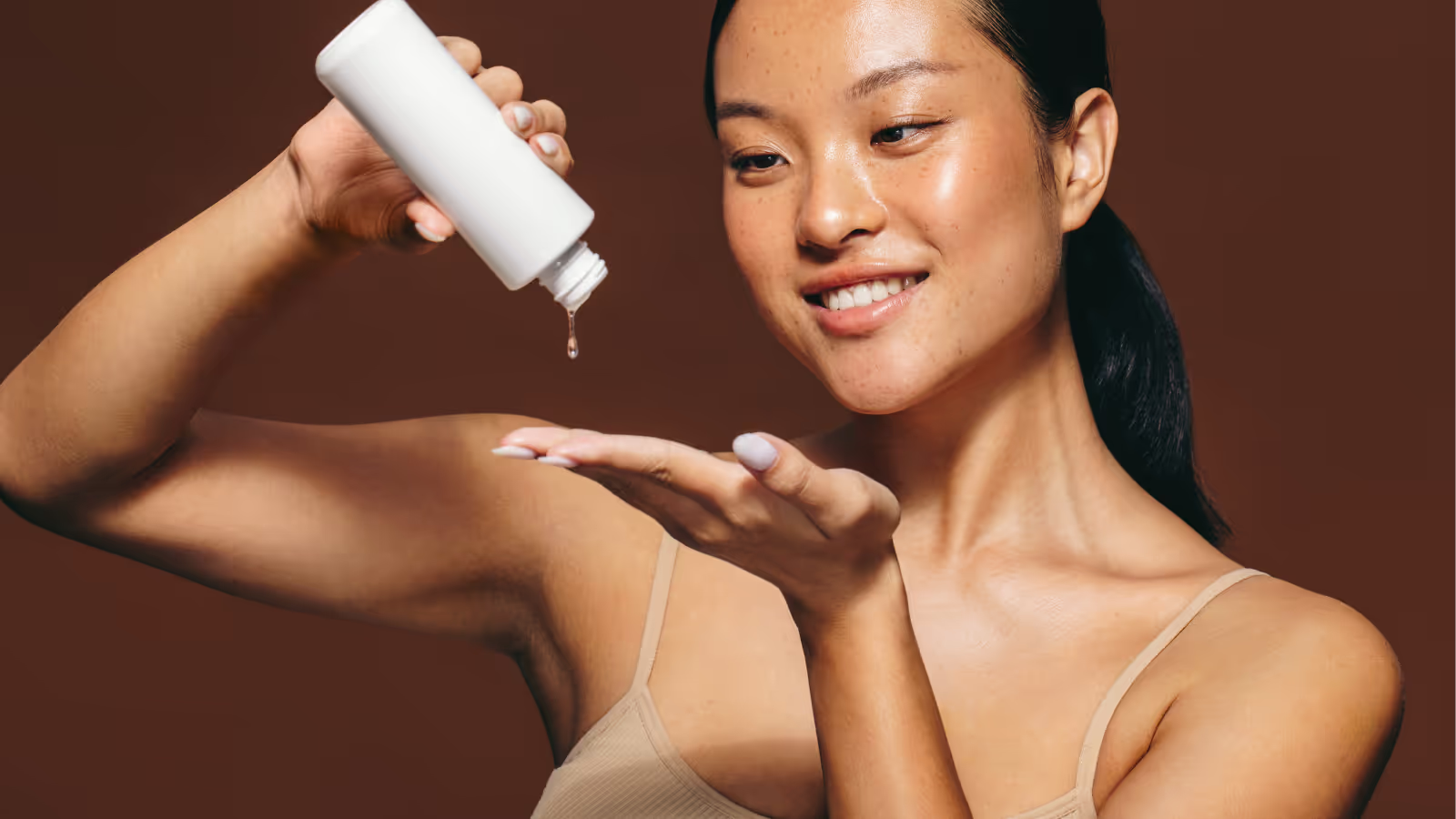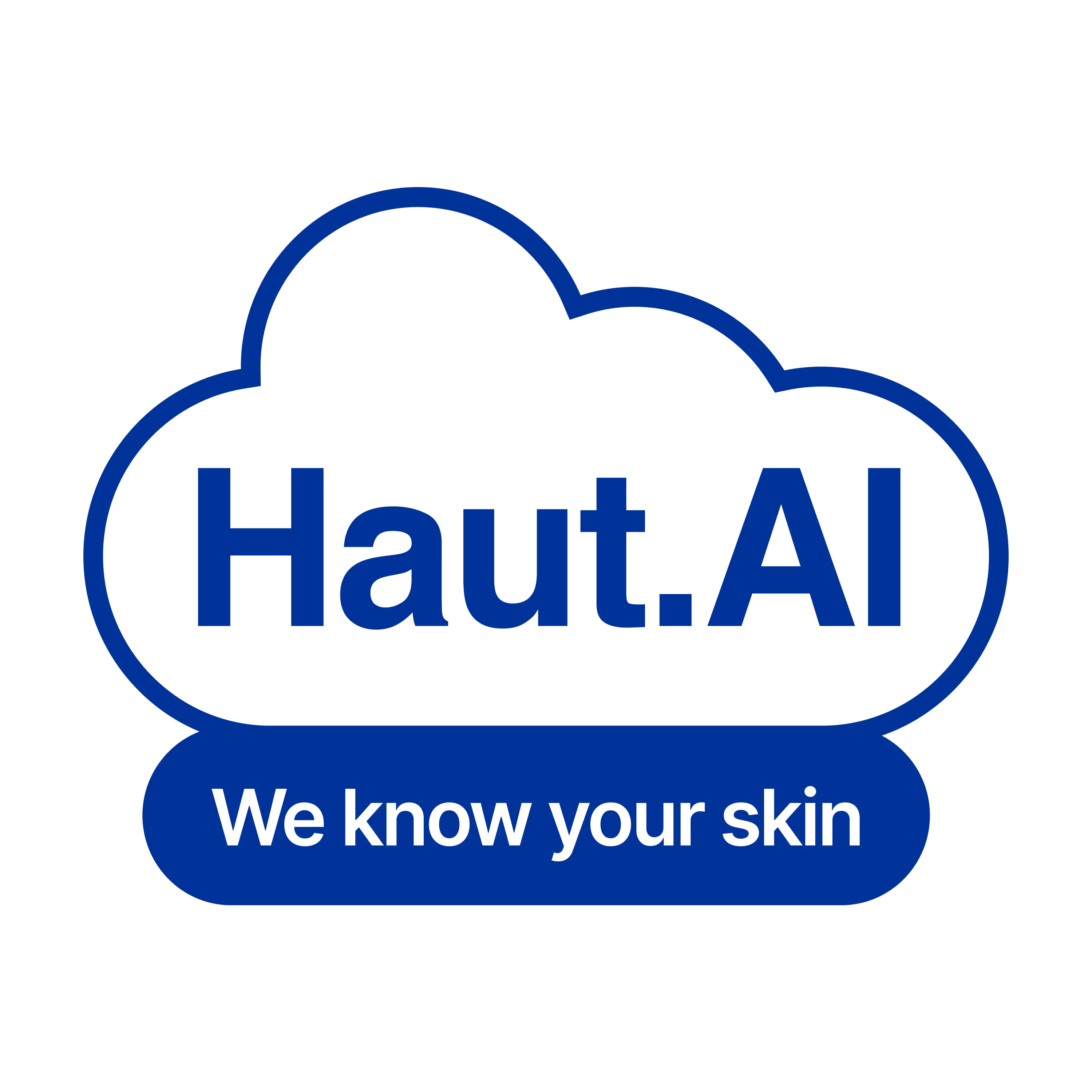
Haut.AI gifts 1-month free trial of Skin.Chat ->
Haut.AI gifts 1-month free trial of Skin.Chat ->





Collagen has become a buzzword in the skincare industry, celebrated as the ultimate supplement for rejuvenating skin, bringing back elasticity, and reducing the visibility of wrinkles. But how effective is it, really? As the most popular “skin care supplement”, collagen promises a lot, but we’re here to take a deep dive into whether these claims hold up under scientific scrutiny.
Collagen is the most abundant protein in the human body, acting as the primary building block for skin, muscles, tendons, and ligaments. It's like the glue that holds our tissues together, providing structure, strength, and elasticity. In our skin, collagen forms a network of fibers that support its firmness and elasticity.
However, as we age, collagen production slows down, leading to the visible signs of aging like wrinkles and sagging skin. Moreover, environmental factors like UV radiation and pollution can also break down collagen fibers, leading to accelerated loss of skin elasticity.
Loss of collagen with aging affects more than just appearance; it also impacts overall health. Reduced collagen can lead to joint pain and stiffness, weaker bones and muscles, slower wound healing, and weaker blood vessels, increasing the risk of cardiovascular issues. As we age, the efficiency of these processes declines. This is where collagen supplements and topical products come into play, aiming to boost the body's natural collagen production or replenish lost collagen.
When it comes to collagen supplements, the source of collagen often comes up as an important factor. This focus on origin arises from the belief that different sources may offer varying benefits or be more effective for specific health or beauty concerns.
While there are 28 identified types of collagen in the body, most supplements focus on Types I and III, which are particularly beneficial for skin health and overall connective tissue support. Here is a closer look at the common sources of collagen:
A review of multiple studies found almost no difference in effect between the different animal origins of supplements: chicken, pig, cow, or fish collagen worked almost equally well on hydration, elasticity, and wrinkle reduction. Generally, the benefits were noticeable 60 and 90 days after starting the supplements and continued for 30 days after stopping the treatment.
While the animal-based sources are the most common, there are also non-animal alternatives available for those seeking vegan or vegetarian options. However, it’s important to note that these are not collagen products, but substances like minerals and amino-acids that could enhance the body’s natural collagen production of collagen in the skin.
The main difference between animal-sourced collagen and plant-based alternatives is the following: animal-based collagen is directly extracted as collagen and is structurally similar to human collagen, which makes it practical for supporting skin, joint, and bone health. On the other hand, plant-based collagen alternatives do not provide collagen directly. Instead, they supply the body with the necessary nutrients, which are essential for the body’s collagen production. While these plant-based options can support collagen synthesis and offer additional health benefits, they might not be as immediately effective as animal-derived collagen in directly replenishing collagen stores.
When it comes to collagen, the form in which you take it—topical (in cosmetics, applied on the skin surface) or dietary—can have different purposes and effects.
Topical Collagen:
These are creams, serums, and lotions that contain collagen or ingredients that claim to stimulate collagen production. Large molecules like collagen are too big to penetrate the skin barrier. Instead, topical collagen products may provide a temporary plumping effect, improving the skin's hydration and appearance on the surface. The layer formed by topical collagen can help trap moisture in the skin and reduce transepidermal water loss (TEWL).
There are many active ingredients that stimulate collagen production in the skin; however, this is not a form of topical collagen per se, and collagen itself has never been shown to stimulate collagen production when applied in skincare cosmetics.
Dietary Collagen:
Collagen supplements, often in the form of powders or capsules, promote collagen production from within. The collagen supplements interact with fibroblasts, the cells responsible for producing collagen, and trigger signaling pathways, which increase the activity of collagen-producing genes. Later, it integrates with the existing collagen network in the skin, reinforcing the skin’s structural framework. Studies have shown that dietary collagen can improve skin elasticity and hydration and reduce wrinkles over time, as the body uses these amino acids to reinforce the skin’s natural structure.
There are not many publications pointing at the role of collagen as a skincare ingredient or supplement in improving skin condition other than elasticity. Some studies suggest that microneedling, which stimulates collagen production, effectively improves the skin tone and the appearance of acne scars.
However, the effect is much more prominent in slowing down skin aging. In a study on women aged 45-65, those who took 2.5 grams of collagen daily for 8 weeks saw a 20% reduction in eye wrinkles compared to those who took a placebo. The study also found increases in skin proteins like procollagen and elastin, which are important for skin structure. These effects lasted even 4 weeks after stopping the supplement. Another study on collagen oral supplements found increased elasticity and pore visibility reduction after 3 months of intake.
While collagen supplementation or topical application will not reverse the damage accumulated over the years of UV exposure and internal changes, there is evidence it can help with overall skin elasticity, minimize the appearance of wrinkles, and increase skin hydration. However, the effects are only visible in about two months of daily supplementation and are not long-lasting.
The extent of the impact will also depend on the extent of the damage: while it can help with micro wrinkles under the eyes, it will not make a lion's wrinkle disappear. Therefore, while collagen supplementation offers some benefits for skin health, its effects are modest and should be viewed as a supportive measure rather than a transformative solution for significant skin damage.
When it comes to finding the right collagen products, this is where most customers will need expert help, which unfortunately is not always easily accessible. Driven by the goal to make personalised skincare available to everyone, we created an AI Skin Consultant App for beauty brands. By conducting a skin diagnostic using a simple selfie, our technology can detect skin conditions with 98% accuracy and suggest the most suitable products. This is an ideal solution for beauty brands that want to help their customers find the perfect product match. Let us show you how it works: https://bit.ly/3ROKmID.

